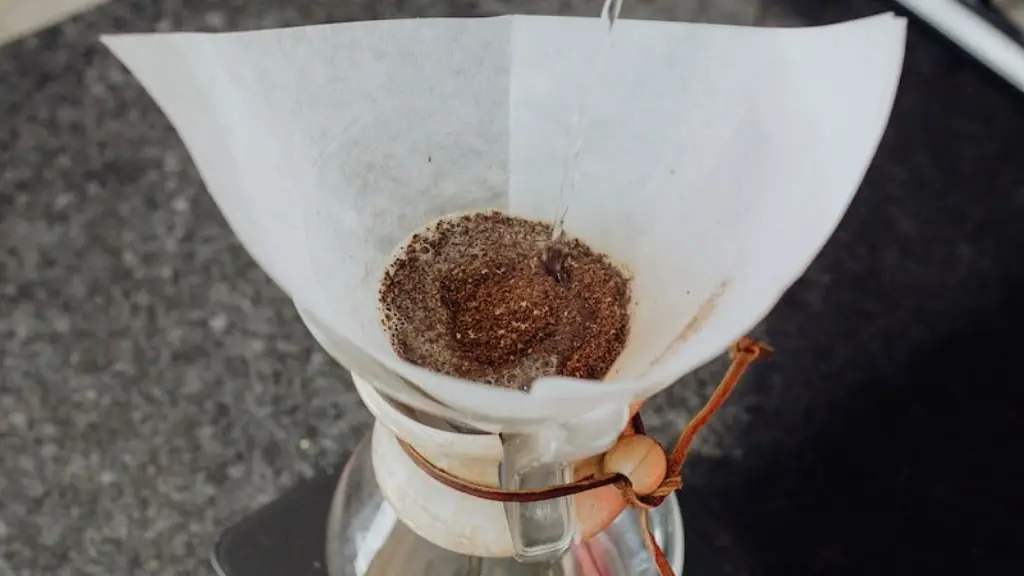Intermittent fasting is an increasingly popular dietary plan that encourages periods of fasting. Some who fast intermittently abstain from food for up to 16 hours while they are sleeping thus consuming all their daily calories during an 8-hour window. During their fasting period, some individuals opt to consume only coffee. Yet while coffee is an ideal zero-calorie drink during fasting, knowing how to drink coffee on intermittent fasting is key.
Health and nutrition experts explain that the best coffee to consume while fasting is black coffee. This is coffee without added cream, sugar, or artificial sweeteners. Caffeine has the added benefit of increasing the body’s metabolism which can aid in weight loss, something that intermittent fasting advocates. Moreover, black coffee is typically free of calories and other macronutrients which makes it a great choice for someone who wants to limit their overall caloric and macronutrient intake.
However, some health experts suggest that adding a small amount of healthy fats to a cup of coffee can actually increase the effectiveness of intermittent fasting. A tablespoon of grass-fed butter or coconut oil blended with a cup of coffee can not only add a delicious flavor but may also produce a pleasant feeling of fullness. Low-fat dairy creamers have also been identified as a healthy addition to coffee while on intermittent fasting. Those looking to add some flavor can use unsweetened nut milk or a small amount of raw honey.
When drinking coffee while on intermittent fasting, it is important to be mindful of the amount of caffeine consumed. Caffeine is a psychoactive stimulant and some people may be particularly sensitive to its effects. Too much caffeine can lead to heart palpitations, headaches, and insomnia. Additionally, consuming too much caffeine can make one feel hungry, thus counteracting the effects of fasting.
However, with the right know-how, intermittent fasting and coffee can be great allies for health and weight loss. Drinking black coffee during a fasting period allows those engaging in intermittent fasting to remain in the fasted state while staving off hunger. Moreover, adding one or two tablespoons of healthy creamers such a grass-fed butter or coconut oil can make fasting more enjoyable while providing the body with some beneficial antioxidants and healthy fats.
Increased Focus and Clarity
Fasting with coffee can also aid in increased focus and clarity. This is especially beneficial for those who engage in intermittent fasting yet need to operate at peak performance throughout the day. Caffeine is known to increase alertness and reduce fatigue and many individuals report enhanced concentration with a cup of black coffee. Yet for those looking for an added boost in focus, natural nootropics such as matcha tea and MCT oil may be applied to a cup of coffee for enhanced clarity.
Relieving Stress
Coffee may also be used by someone on intermittent fasting to relieve stress. Caffeine helps to inhibit neurotransmitters that are associated with stress and anxiety. In addition, compounds such as theanine, which is found in green tea, may be added to a cup of coffee for further relaxation. In addition, a tablespoon of dark chocolate or cocoa powder may also be added to the coffee to help reduce cortisol levels.
Coffee Alternatives
For those looking for coffee alternatives during intermittent fasting, there a number of herbal teas which are ideal. Green tea and matcha tea are both high in antioxidants and are considered low-calorie options. Turmeric tea is also known for its anti-inflammatory properties and can also increase metabolism for enhanced weight loss. Furthermore, chamomile tea is known for its calming effects and is a great beverage for those dealing with stress.
Balancing Benefits and Risks
From a health perspective, it’s important to remember that anything in excess can be detrimental. Eating or drinking too much of anything can be damaging to both physical and mental health. When drinking coffee during intermittent fasting, moderation is key. Also, everyone metabolizes coffee differently, so it is important to recognize any sensitivity or intolerance to it. Moreover, if engaging in a 16/8 fasting plan, it is important to time coffee intake appropriately to ensure that the peak effects are experienced during the fasting period rather than eating window.
Prioritising Hydration
Above all else, it is important to ensure that hydration is not neglected when consuming coffee during intermittent fasting. Staying hydrated is essential, not just for those looking to lose weight but also those looking to ensure optimal health and functioning. Coffee, although a great dietary addition, is a diuretic and should be counterbalanced with copious amounts of water.
A Healthy Habit
Intermittent fasting, when done appropriately, can be an excellent habit for weight loss and health maintenance. In addition, coffee may be consumed during a fasting period for added benefits. However, it is important to be aware of both the benefits and risks that come with fasting and coffee. Prioritizing hydration and mindfulness of caffeine intake can ensure that the body receives all the goodness the practice has to offer while avoiding any unwanted side effects.


